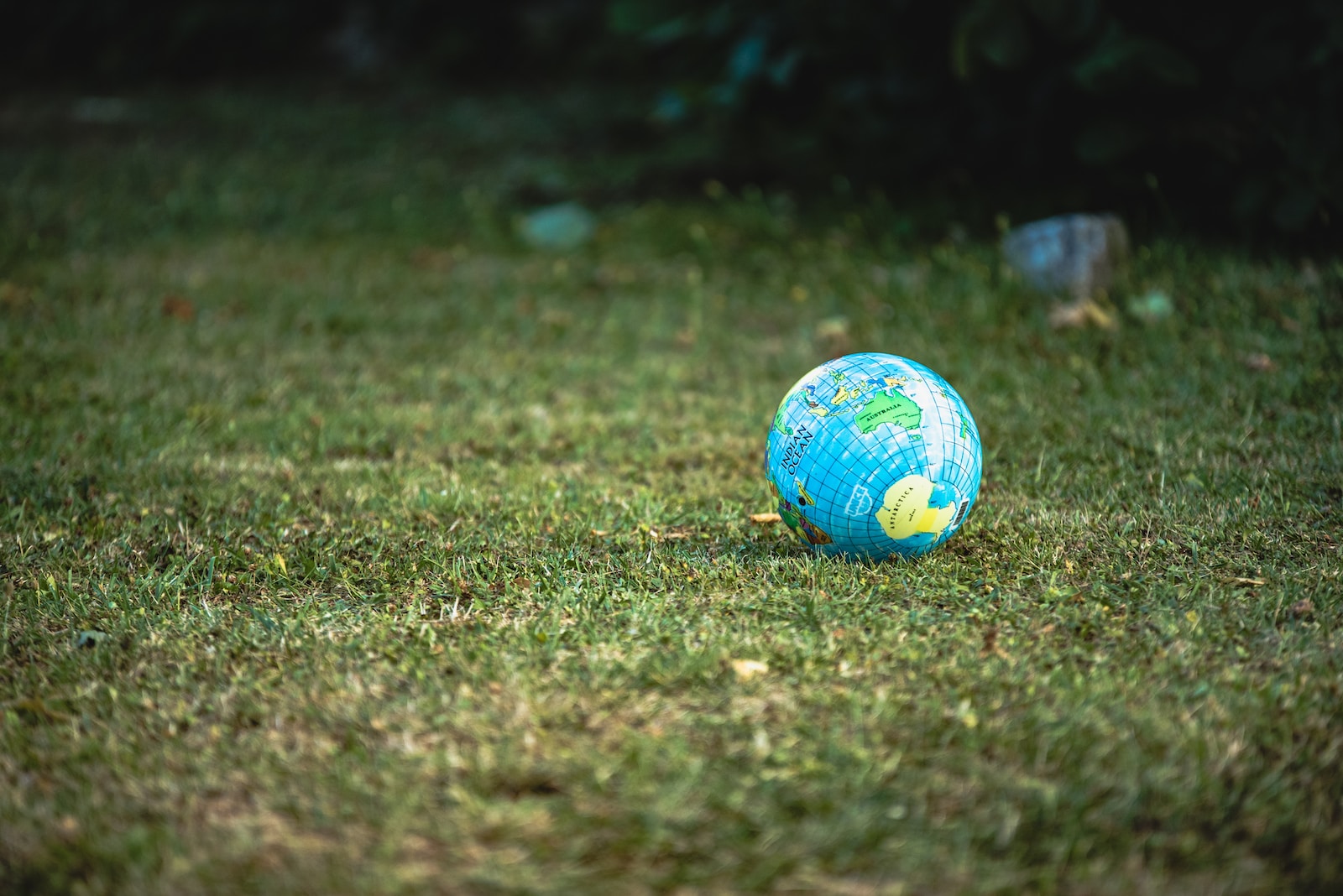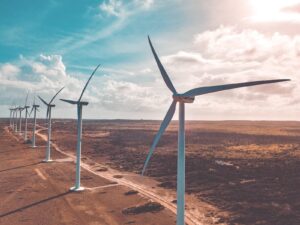Introduction
Sustainable development is a vital concept that holds the key to shaping a greener future for generations to come. It encompasses the idea of meeting the needs of the present without compromising the ability of future generations to meet their own needs. In today’s world, where environmental concerns are at the forefront, understanding and implementing sustainable growth practices have become more crucial than ever.
The Brundtland Report: A Foundation for Sustainable Development
The Brundtland Report, also known as “Our Common Future,” published by the United Nations World Commission on Environment and Development in 1987, laid the foundation for sustainable development. It introduced the concept of green development and emphasized the importance of integrating environmental, economic, and social factors in decision-making processes.
The report highlighted key principles and concepts, such as intergenerational Equity, long-term thinking, and the need for global cooperation. It raised awareness about the impacts of human activities on the environment and called for sustainable development as a means to address these challenges.
The Three Pillars of Sustainable Development
Green development rests upon three interconnected pillars: environmental sustainability, economic sustainability, and social sustainability.
Environmental Sustainability
Environmental sustainability focuses on the protection and conservation of natural resources and ecosystems. It recognizes that human well-being is directly linked to the health and resilience of the environment. Strategies for environmental sustainability include reducing pollution, conserving biodiversity, promoting renewable energy sources, and adopting sustainable land-use practices.
Economic Sustainability
Economic sustainability involves balancing economic growth with social and environmental concerns. It emphasizes the importance of sustainable business practices, such as green technologies, circular economy models, and responsible supply chain management. By integrating sustainability into economic systems, we can ensure long-term prosperity while minimizing negative impacts on the environment and society.
Social Sustainability
Social sustainability focuses on ensuring social equity, inclusivity, and the well-being of all individuals and communities. It addresses issues such as poverty, inequality, access to education, healthcare, and basic services. Socially sustainable development aims to create a society that is just, inclusive, and provides equal opportunities for all.
Sustainable Development Goals (SDGs)
Building upon the principles of the Brundtland Report, the United Nations introduced the Sustainable Development Goals (SDGs) in 2015. The SDGs provide a comprehensive framework for addressing global challenges and advancing sustainable development.
The SDGs cover a wide range of issues, including poverty eradication, climate action, clean energy, sustainable cities, responsible consumption and production, and gender equality. By setting specific targets and indicators, the SDGs provide a roadmap for governments, businesses, and individuals to work towards a sustainable future.
Implementing Sustainable Development
Implementing sustainable development requires collective action and commitment from various stakeholders, including governments, businesses, and individuals.
Government Policies and Regulations
Governments play a crucial role in creating an enabling environment for green development. They can develop and enforce policies and regulations that promote sustainability, such as setting emissions targets, incentivizing renewable energy investments, and promoting sustainable agriculture practices. Governments can also support research and innovation in sustainable technologies and provide funding for sustainable development projects.
Corporate Responsibility and Sustainable Practices
Businesses have a responsibility to integrate sustainability into their operations. They can adopt sustainable business practices, such as reducing carbon emissions, minimizing waste, and implementing responsible supply chain management. By incorporating sustainability into their business strategies, companies can contribute to environmental conservation, social welfare, and long-term economic prosperity.
Individual Actions and Lifestyle Choices
Individuals also have a significant role to play in advancing green development. By making conscious choices in their daily lives, such as reducing energy consumption, practicing Recycling and waste reduction, and supporting sustainable products and services, individuals can contribute to a greener future. Education and awareness-raising campaigns can empower individuals to make informed decisions and adopt sustainable lifestyle choices.
The Role of Education in Advancing Sustainable Development
Education plays a crucial role in advancing sustainable development. It helps raise awareness about environmental issues, social inequalities, and economic challenges. By educating individuals about the principles and practices of sustainable growth, we can build a knowledgeable and empowered society that actively participates in creating a greener future.
Online courses on sustainable growth offer a valuable tool for knowledge dissemination. These courses provide accessible and flexible learning opportunities for students and professionals interested in environmental science, policy, or related fields. Through online platforms, individuals can gain in-depth knowledge about sustainable growth concepts, learn about successful case studies, and develop the skills needed to contribute to sustainability efforts.
Challenges and Opportunities in Achieving Sustainable Development
Achieving sustainable development is not without its challenges, but it also presents numerous opportunities for positive change.
Climate Change and its Impact on Sustainable Development
Climate change poses a significant threat to sustainable growth. Rising temperatures, extreme weather events, and sea-level rise affect ecosystems, food security, water resources, and human health. Mitigating and adapting to climate change is essential for achieving sustainable development goals and ensuring a habitable planet for future generations.
Balancing Economic Growth and Environmental Conservation
Balancing economic growth with environmental conservation is a critical challenge. While economic development is necessary for human well-being, it should not come at the expense of environmental degradation. Finding innovative solutions and adopting sustainable practices can lead to green growth, where economic prosperity goes hand in hand with environmental protection.
Collaboration and Partnerships for Sustainable Development
Achieving sustainable development requires collaboration and partnerships between governments, businesses, civil society organizations, and individuals. By working together, sharing knowledge and resources, and fostering innovation, we can overcome barriers and accelerate progress towards a sustainable future.
Conclusion
Sustainable growth holds the key to shaping a greener and more sustainable future for generations to come. By integrating environmental, economic, and social considerations, we can address global challenges and create a world where human well-being is harmonized with the health of the planet. Governments, businesses, and individuals all have a role to play in advancing sustainable development. Through education, collaboration, and collective action, we can build a brighter and more sustainable future for all.













